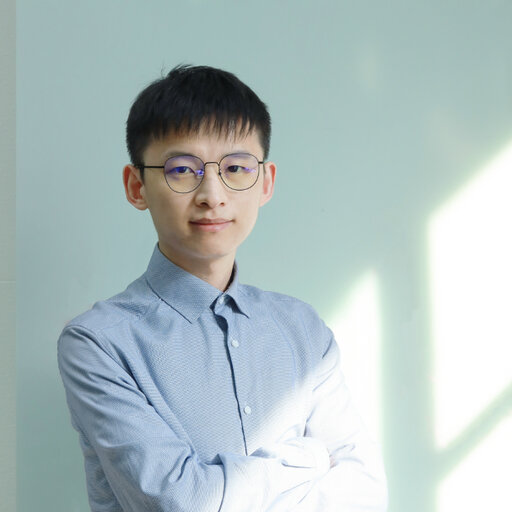Hao Jihua, a rising star in geochemistry, has become the first researcher affiliated with a Chinese institution to win the prestigious FW Clarke Award from the Geochemical Society. This achievement not only reflects Hao’s individual brilliance but also casts a light on China’s ongoing efforts to attract and retain top scientific talent.
Hao, who investigates the origins of life on Earth and the potential for life on other planets, returned to China in 2021 after completing his postdoctoral training abroad. Since then, his career has taken off. He has secured a professorship, received significant research funding, and earned international recognition, culminating in the recent award.
Hao’s story, while unique, exemplifies China’s broader strategy to repatriate talented scientists and bolster its scientific and technological independence. After completing his undergraduate studies in China, Hao pursued his graduate degrees in the United States. However, the precarious nature of postdoctoral positions, often characterized by temporary contracts and limited career prospects, can be discouraging.
A 2022 commentary in Science magazine aptly described these positions as “transient,” offering “little by way of financial stability or certainty for the future.” This sentiment is echoed by Wu Jun, an associate professor in the US, who highlights the stress and uncertainty associated with annual contract renewals and limited financial security.
While postdoctoral positions are traditionally stepping stones towards permanent academic roles, some researchers may remain in these temporary positions for several years to build their publication records and improve their chances of securing a coveted tenure-track position. Feng Yu, a recent returnee to China, exemplifies this path, having spent just over six months as a postdoctoral fellow in the US before returning home.
Several factors, including strained Sino-US relations and the increasing difficulty of securing stable academic positions in the West, are making China a more attractive destination for Chinese scholars who have trained abroad. As noted in a Nature survey, China’s substantial investments in basic science offer promising career prospects for returning scientists.
This trend is evident in the growing number of young researchers like Hao and Feng choosing to return to China. Feng specifically mentions that the research environment in China is now comparable to Western institutions, and the pressure to secure research funding is lower upon returning.
Hao’s rapid career advancement serves as a testament to the opportunities available for returning scientists. He has received numerous prestigious awards and secured funding for a major national research project within just three years of returning to China. His swift promotion to professor, while uncommon, is attributed in part to his research focus on areas aligned with China’s scientific priorities, such as the search for life on other planets.
Hao’s story underscores China’s commitment to attracting and retaining top scientific talent. His recent award not only recognizes his individual achievements but also serves as a symbol of China’s growing presence in the global scientific landscape.

